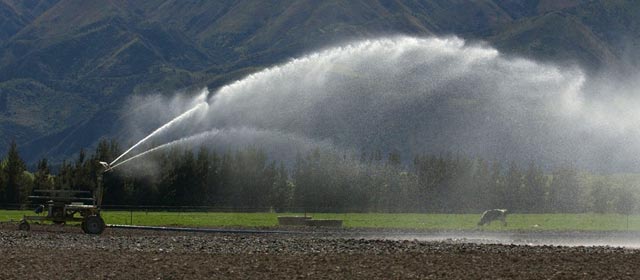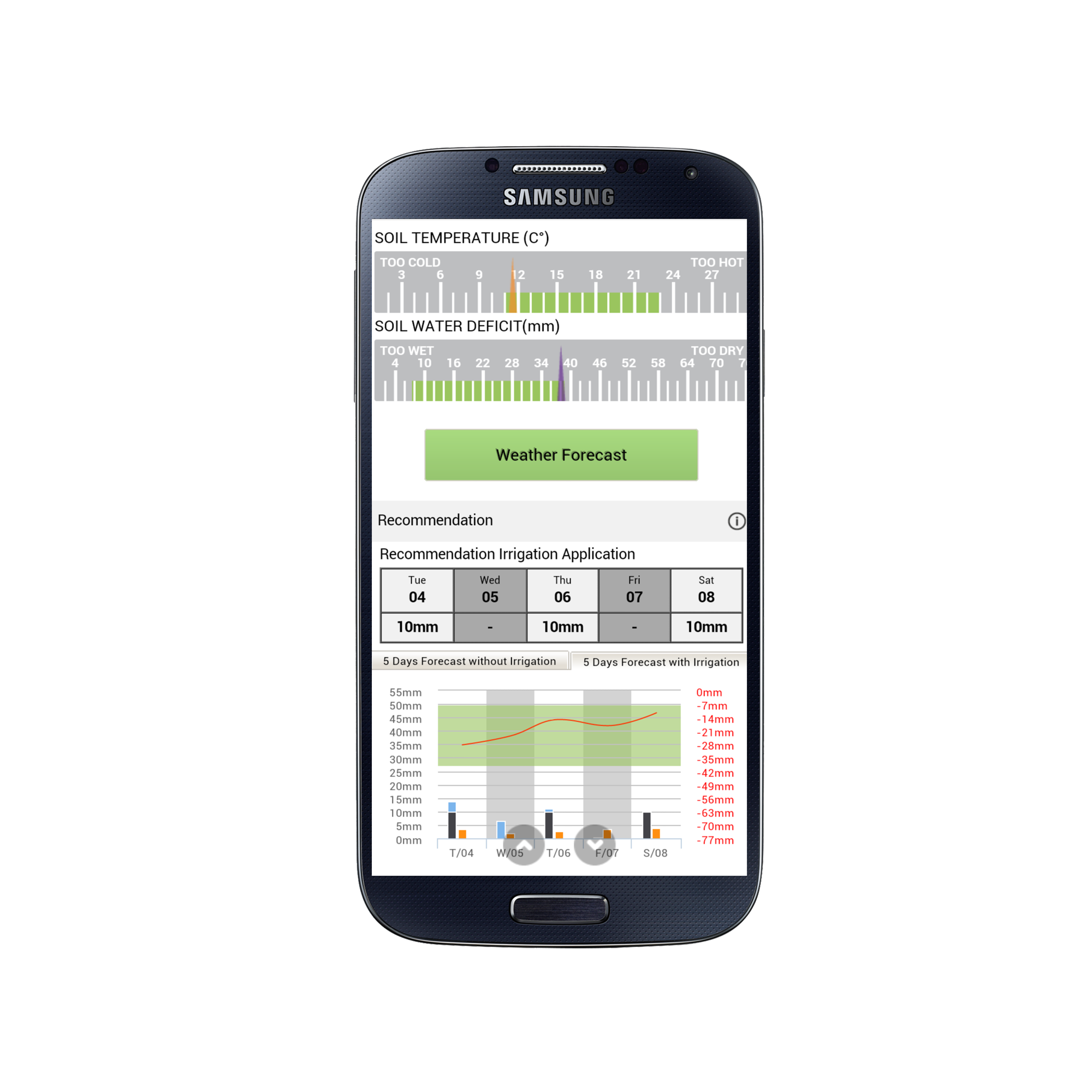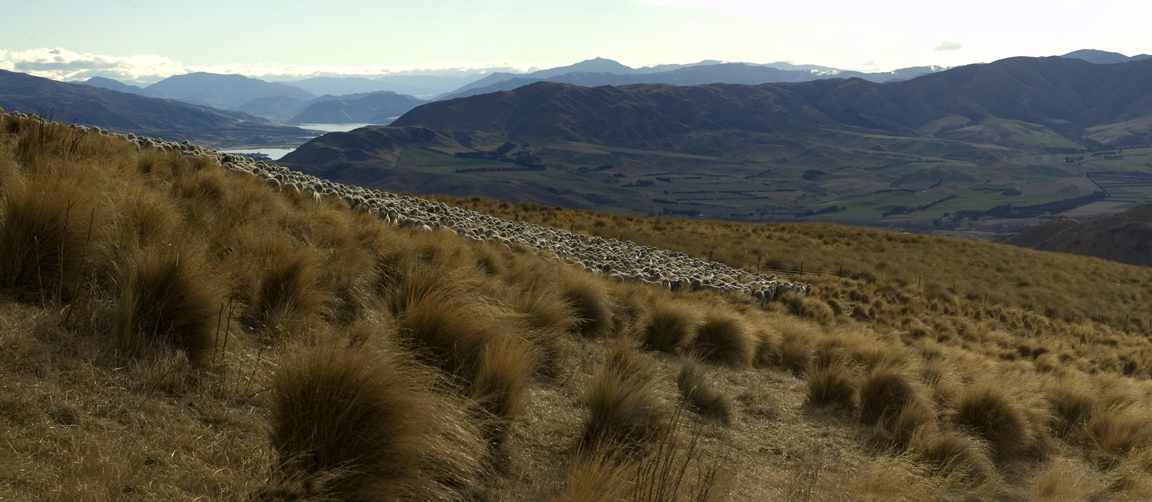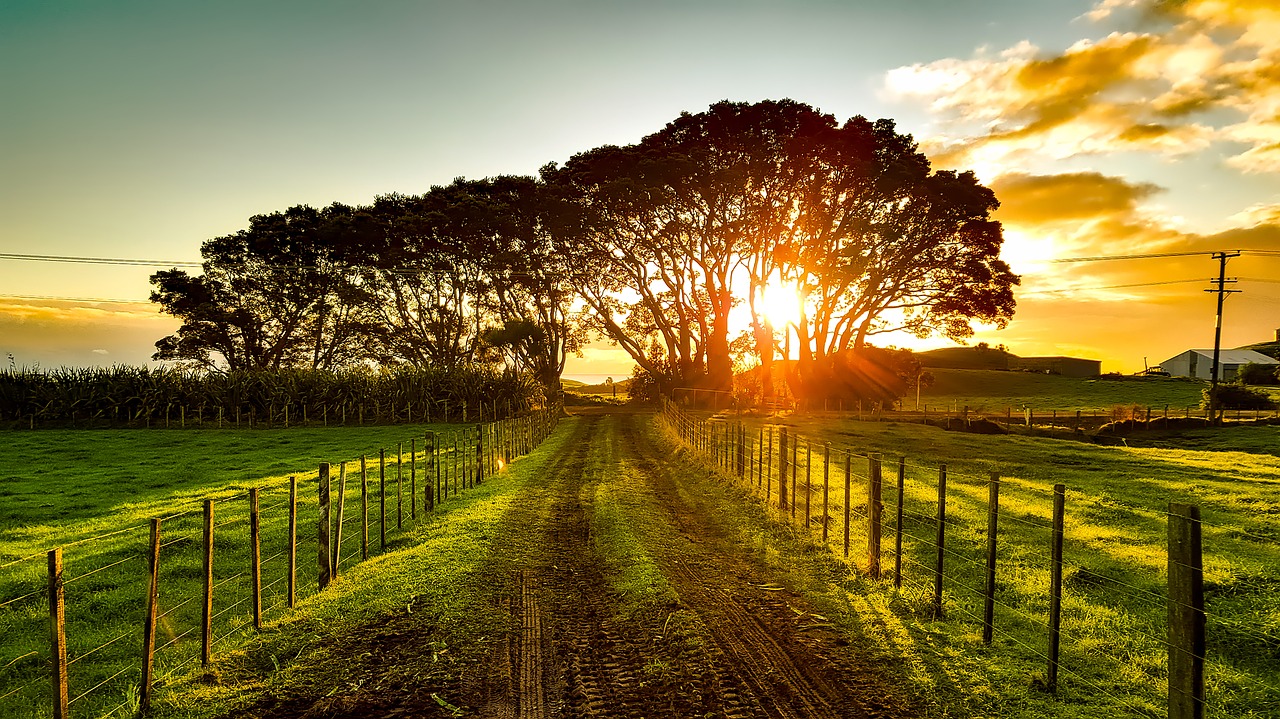Imagine a time when any farmer could quote their water use efficiency just as easily as the current milk or meat price. Imagine a time when all the factors that contribute to environmental sustainability are measured, monitored and reported for all to see the progress that is being made. Imagine a time when having the sustainable production of authentic food captured in a premium price which is protected by a prestigious brand with transparent validation as an exceptionally high barrier to competition. This can be New Zealand’s future and my goal is to develop the building blocks to achieve it.
In New Zealand, issues of water quality deterioration originating from farming activities have sharpened the focus on the impact of agriculture on the environment. There is no debate that current farming practices have an impact on water quality. What sort of impact, how much, over what time scale how to measure it, how to address it, who should bear the associated costs of ‘clean-up’, what are the solutions – these are all hotly debated in multiple forums. To make it even harder, despite New Zealand being a relatively small country, it is very diverse in soils, climate, land use and topography, so solutions need to reflect this diversity.
I was part of founding Regen in 2010 and we have always had a focus on providing tools for farmers to operate at best practice, starting with farm specific measured and scheduled effluent use recommendations, and adding water irrigation recommendations in 2014, both via mobile app. As the company has matured, our vision and purpose has crystallised and we are now clear our purpose is to improve the environmental and sustainability outcomes of farmers. This might be a lofty purpose and we are not alone in the market making these statements. We have made a credible start with over 18,000Ha of irrigated land using our recommendation services and we believe that our unique combination of qualities in our business can enable farmers to continue to progress the changes needed to reduce the environmental impact of farming. Our purpose resonates with all our staff and has drawn to us farmers as customers who also believe in this purpose and are stepping forward to implement solutions on their farms that mitigate the environmental impact of their farms on their environment.
As CEO of the company my focus is been two-fold. Firstly, it is really important we deliver value to our customers every day. That means meeting their current need for services that provide accurate irrigation scheduling based on actual conditions on their farm coupled with reporting that meets regulations. We are doing this every day and we commit a reasonable proportion of our company resources to this. For our customers using this service they not only meet new regulatory requirements but they are more efficient with water use, directly saving costs in electricity usage, gaining real cost reduction value from improved pasture production and all with the environmental bonus of reducing nitrogen leaching.

We have based our services on the simple science principles that underpin best practice for water & effluent irrigation and nitrogen use. Our services provide accurate daily recommendations to farmers to give them peace of mind that they are operating at Good Management Practice when irrigating water and effluent and using nitrogen, keeping within their consent conditions, and to provide reports on their actual activity to prove it.
Keeping the current engine of the business going is important but the rate of change, not only in our technology sphere but in the wider sphere of food production, means that our second focus area is disruption. What can new technologies and innovation deliver to increase the impact our business can have for individual farmers and New Zealand collectively?
All our services currently are based on real-time data and information unique to each farm (including consent parameters, soil type, localised weather data, soil moisture, water metering and more), which is then captured through cloud technology into the proprietary Regen system. Advances in sensor technology, telemetry and cloud computing have all contributed to making a seamless end to end solution for the farmer in which all input data is automatically collected and stored, processed, and then delivered straight back to the farmer via their mobile phone as information to support key decisions. Our value to the farmer is in translating all that data into recommended actions, rather than just displaying it in graphs or tables.
I believe it is important that our services don’t aim to replace a farmer’s knowledge and experience, but to support it by enabling information based decision making. For less experienced farmers Regen decision support tools provide a solid base to build their own knowledge and experience while at the same time enabling them to work to best practice.

New sensor technologies mean new options. There is a lot of hype about drones, but the real excitement isn’t the overgrown toy part but the potential of aerial imagery – from drones and from satellites – that can deliver new sources of data. New imagery data, combined with in-field sensors, will enable more powerful models and decision frameworks to support sustainably increased production of quality food. So, we are thinking about the new value that can be created for farmers who are farming sustainably, growing real food and can provide an auditable digital trail connecting every consumer literally from field to fork.
Authentic, real food is under threat from look-alikes created in a vat, made from bacteria or plant material – if it looks like a hamburger, tastes like a hamburger does it matter that no cattle – or a farmer – was ever involved in its production? As the world works out how to feed the estimated population of 9.1 billion by 2050 these new types of protein production systems will have a place. As the technology for food created in a vat develops it is highly likely industrial quantities will be able to be produced at a price considerably less than traditional food, with equal or better nutrition qualities and to a high level of consistency and quality. The challenge for New Zealand pastoral farmers is how to remain relevant in this new world of food. How do we need to adapt to ensure that there remains a market for authentic real food?
I would contend that there will remain consumers who care about the provenance of their food; for whom food is more than the transactional ingestion of nutrients but is an expression of family and community. These people will pay a premium for food that they trust has been produced sustainably, ethically, with a low environmental footprint by a farmer who is in touch with their land, their animals and their communities. So how do we gain that trust and that premium price? Branding and transparent validation of the entire supply chain. It’s that simple.
The story of New Zealand merino wool is a great demonstration of the value of branding. According to New Zealand Merino Company (NZM) CEO John Brakenridge, as little as 15 years ago, merino wool was sold as nothing more than a commodity blend. An independent validation by McKinsey and Co found NZM is adding value for growers to the tune of $10 million to $15 million annually.

“Everybody in that supply chain needs to exist, but they need to exist collaboratively,” Brakenridge says. “We target the retail brand, back-fill the supply chain, and that supply chain works together. If New Zealand and our grower/suppliers are going to get more money, that can only happen if you’ve got more money happening at retail and you’ve got a more effective and efficient supply chain.”
A prestigious brand must be underpinned with transparent reporting about every aspect of the food’s journey to secure the brand’s value; to secure the consumer’s trust and to build high barriers to competition. The ability to report and inform must cover all farm practice – long-term and seasonal, the impact of that practice – environmental, social and financial, the people involved and their beliefs. Then the entire value chain must hold to these standards of practice and transparency of reporting. For a consumer to trust that the brand claims are valid and happily continue to pay a premium price we must never let that trust and confidence be eroded.
This is where I see Regen’s role. We are already starting to collect the basic information about key pastoral farming practices that impact environmental outcomes. We are planning to integrate new technologies and sensors into our products to keep delivering more and more insights and services. From this we are already starting to pull it all together; aggregating data from a disparate range of sources to create a farm group view, or a catchment view – so why not a country view? Why not enable consumers to connect into this digital story of their food’s production every step of the way? Why not tell our story of authentic real food production in an engaging interactive way that connects our consumers to our farmers to cement that trust and confidence? This is our vision to create a building block for new value creation for New Zealand’s authentic food products.
The world might be spinning at the same pace around the sun as always, but what’s going on down on the ground is accelerating in every sphere of technology. We can choose to ignore it and have change happen to us or we can lead change. I believe that the changes coming in food production present a major opportunity for NZ Inc to change the conservation from commodity to value add into defining a new category of ‘prestige’ value add. A category that New Zealand can own and deliver significant new value for all participants in the supply chain – and real, authentic food for people who value food that connects them to the world.



Leave a comment